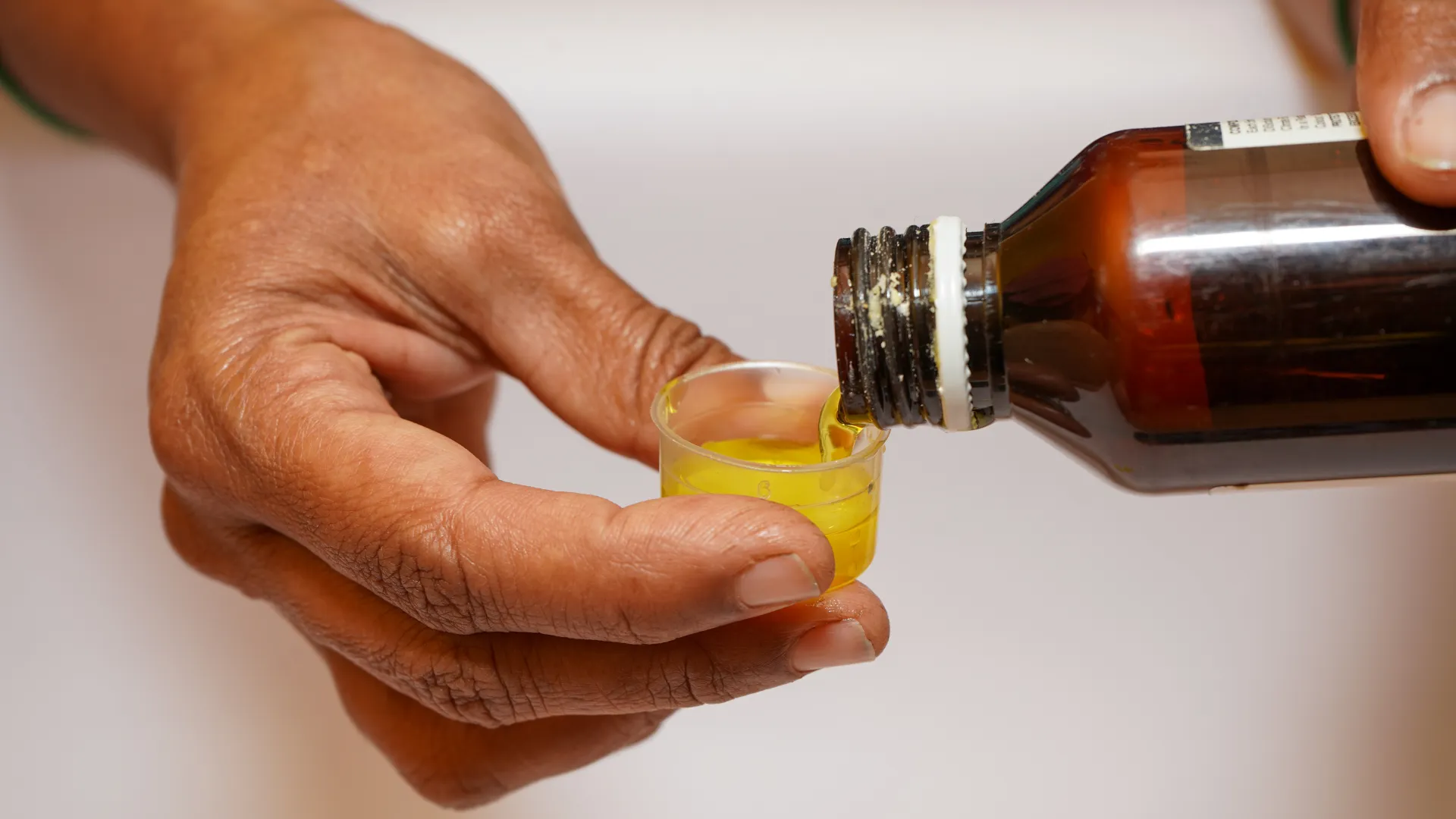Now Reading: Was Toxic Cough Syrup Exported? WHO Questions India After Deaths of 22 Children
-
01
Was Toxic Cough Syrup Exported? WHO Questions India After Deaths of 22 Children
Was Toxic Cough Syrup Exported? WHO Questions India After Deaths of 22 Children

A wave of tragedy has hit parts of Madhya Pradesh, with 22 children succumbing to kidney failure linked to a contaminated cough syrup. The World Health Organization has now asked Indian authorities whether that medicine was ever sent abroad — a query that raises broader concerns about drug safety, oversight, and global health implications.
The Crisis Unfolds
In Chhindwara and nearby districts, several children developed acute renal complications after receiving what was believed to be “Coldrif” syrup prescribed for common cold symptoms. Over time, their conditions worsened and led to fatalities. The sharp rise in death counts triggered alarm and multiple state agencies launched probes.
WHO Seeks Answers
Given the severity, WHO is demanding clarity: was the contaminated syrup exported to other countries? This question is part of the organization’s standard process when suspect medicines lead to mass casualties. India’s response now carries weight not just for domestic health, but for international trust in its pharmaceutical exports.
Regulatory Lapses Under Spotlight
Preliminary reports reveal that the syrup contained dangerously high levels of diethylene glycol, a toxic chemical far above permissible limits. Investigators also found that some labels did not carry mandatory warnings, especially about use in young children. The incident has spotlighted gaps in batch-level testing, vendor checks, and enforcement of existing drug safety norms.
Domestic and International Fallout
Domestically, the Union government has ordered stricter inspections, halted production of implicated drugs, and asked states to intensify sampling. On the international front, scrutiny on Indian-made paediatric syrups is bound to increase. If exports are confirmed, importing countries may initiate recalls, trade bans, or demand accountability from Indian regulators.
What’s at Stake for Tier-2 Cities
In smaller towns, medical access is already limited. When medicines are trusted and reliable, cases like this shake the public’s faith. Caregivers often rely on local pharmacies and practitioners without means to verify credibility. A backlash of fear and confusion could see people avoid essential medicines altogether.
The Way Ahead
India must tighten enforcement of pharmaceutical norms, improve real-time batch testing, and ensure transparent reporting when failures occur. Export controls should be reexamined so that drug safety domestically and abroad is not compromised. Public health education campaigns are essential, especially in semi-urban and rural areas, to help parents recognize warning signs and demand quality.
Conclusion
The horror of losing children to contaminated medicine underscores how critical drug oversight is—not just for metros, but every nook and corner of the country. If India fails to respond decisively, the reputational damage could stretch across borders. The full truth about exports, accountability, and structural reform now lies in the hands of authorities and regulators.

























